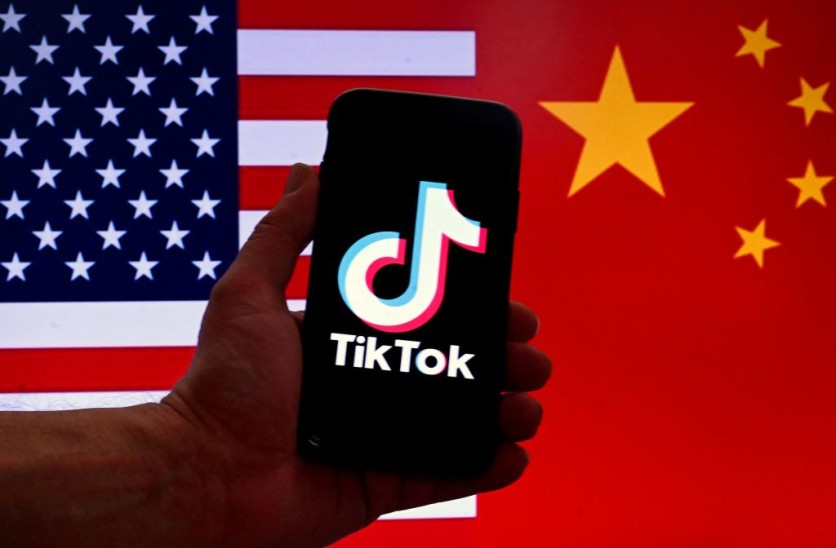Montana is seeking approval from a federal judge to enforce its law that bans new downloads of the popular video-sharing app TikTok. According to Associated Press, the request comes while a legal challenge filed by TikTok and five content creators is pending in court.
The state's response was submitted on Friday in response to the plaintiffs' motion in July, which urged US District Judge Donald Molloy to temporarily halt the implementation of the law until a verdict is reached on whether it violates free speech rights guaranteed by the constitution.

Montana's TikTok Ban Law
Montana's Attorney General Austin Knudsen has introduced the law in response to concerns voiced by entities like the Federal Bureau of Investigation (FBI) and US Secretary of State Antony Blinken.
These concerns revolve around the apprehension that TikTok, under the ownership of the Chinese firm ByteDance, might enable the Chinese government to gain access to sensitive information about the US government or propagate pro-Beijing disinformation. TikTok has vehemently refuted any such incidents.
The federal government and more than half of the US states, such as Montana, have banned the use of TikTok on devices owned by the government.
The state's official response emphasized that the federal government has already classified China as a foreign adversary. Furthermore, it noted that concerns related to TikTok are extensively documented at both state and national levels.
The central argument is that Montana's legislation serves the interests of the public by shielding citizens from potential risks associated with the operations of TikTok.
The state's legal document also draws an analogy, stating that disallowing Montana from regulating TikTok would be similar to preventing the state from banning a cancer-causing radio "merely because that radio also transmitted protected speech."
The state further noted that alternative applications are available for individuals to express themselves and communicate with others, minimizing the ban's potential impact on users. However, the plaintiffs have stressed that their primary social media presence is on TikTok.
TikTok's Defense
In its defense, TikTok has emphasized that it has implemented content moderation measures to ensure the safety of its users, especially minors. The company has also stated that it does not share user information with China.
Despite these assurances, critics have pointed to China's 2017 national intelligence law, which mandates companies to cooperate with the government in intelligence-related activities. Montana's law aims to prohibit the downloading of TikTok within the state.
Additionally, it stipulates that any entity, including app stores and TikTok itself, would incur a fine of $10,000 per day for each instance that someone is being offered the option to access the social media platform or download the app. However, the penalties would not apply to individual users.
Related Article : Ex-ByteDance Executive Claims Chinese Communist Party Accessed Tiktok's Data to Spy on Hong Kong's Civil Rights Activists

ⓒ 2026 TECHTIMES.com All rights reserved. Do not reproduce without permission.




